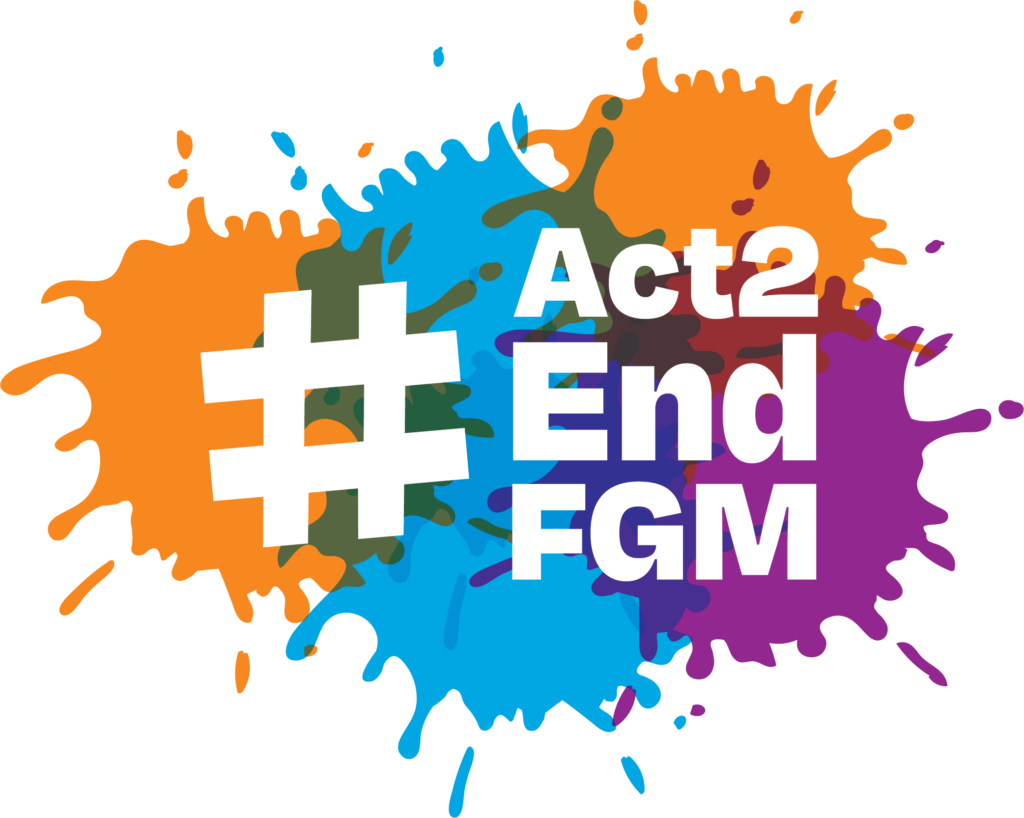Saturday 6 February 2021 marked the International day of Zero Tolerance for Female Genital Mutilation (FGM).
What is FGM?
Female genital mutilation (FGM) comprises all procedures that involve altering or injuring the female genitalia for non-medical reasons and is recognised internationally as a violation of the human rights, the health and the integrity of girls and women.
Who is affected by FGM?
FGM is a universal problem. Globally, some 200 million women or girls have experienced FGM and at least 4 million girls are at risk of undergoing the practice each year. It can happen to any woman or girl from any background regardless of age, race, nationality, social class, financial status or sexuality.
FGM has no health benefits for women or girls. Medical professionals consider the practice to be extremely harmful.
The law
In the UK, when a girl under the age of 16 is subjected to FGM, it is considered to be a form of child abuse. As well as the potential criminal law consequences, parents who arrange for their girls to be subjected to FGM could find that local authorities raise concerns about their fitness to care for their children.
Helping or encouraging FGM in any way is a criminal offence, which you can report to the police. It is a criminal offence whether the procedure/FGM happens in the United Kingdom or abroad.
You can apply to the civil courts to protect yourself or someone you know from being subjected to FGM.
Female Genital Mutilation Protection Orders
A female genital mutilation protection order (FGMPO) is a protective court order which can forbid a person from doing certain things. For example, if someone is at risk of FGM then an FGMPO can forbid a person from performing FGM, arranging for or encouraging someone else to perform FGM, taking someone out of the country, threats of violence or pressuring someone to agree to a FGM.
The injunction can also require the person named in the order to do certain things, such as provide passports to the court, ensure attendance at school, or present a child for interview with social services at intervals throughout the summer holidays. Essentially the court can make any orders it thinks necessary to protect a female from experiencing FGM.
Can I get a female genital mutilation protection order (FGMPO)?
You can apply for an FGMPO if you have been subjected to FGM or you feel you may be at risk of FGM. The FGM does not have to have occurred for you to gain protection. An FGMPO is a court order containing provisions that can restrict a person’s actions or require them to take certain steps in order to protect you from abuse and to stop the person making arrangements for FGM. This could mean that the order is made against one person or many people who are involved in arranging the procedure.
A local authority or any other person with permission from the court e.g. the police, can also apply.
Who can I get an FGMPO against?
An order can be made against any person in the UK or outside, who is, may be or has been, involved in the FGM in any way. This could be a family member; or someone who you do not know, but is involved in arranging or encouraging the crime. The person’s involvement in the FGM does not have to involve them physically abusing or threatening you, or involve any other type of abuse. The order could be made against a person who is encouraging or advising about the FGM or making practical arrangements such as booking flights to take you to another country for the purpose of FGM/procedure.
If you are concerned that you, or a woman or girl you know may be at risk of female genital mutilation, then please contact us to seek advice from one of our specialist accredited Family law solicitors.

